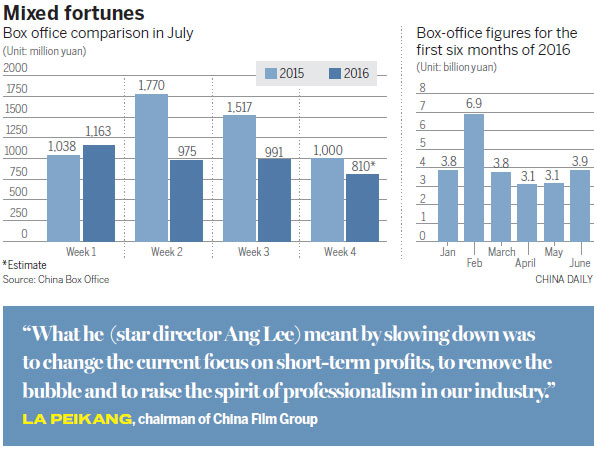What Should You Not Use a Loan to Purchase? Understanding Financial Wisdom for Smart Borrowing
#### What Should You Not Use a Loan to Purchase?When it comes to managing finances, understanding the appropriate use of loans is crucial. Many people find……
#### What Should You Not Use a Loan to Purchase?
When it comes to managing finances, understanding the appropriate use of loans is crucial. Many people find themselves in situations where they need to borrow money, but not all purchases justify taking on debt. In this article, we will explore what should you not use a loan to purchase, helping you make informed financial decisions.
#### 1. **Luxury Items**
One of the most significant pitfalls of borrowing money is using it to buy luxury items. Whether it’s an expensive designer handbag, a high-end watch, or a luxury car, these purchases often do not provide long-term value. Instead, they can lead to financial strain, especially if the loan carries high-interest rates. A luxury item may provide momentary satisfaction, but it is not a wise investment.
#### 2. **Vacations**
While taking a vacation can be a great way to relax and recharge, financing a trip through a loan is generally not advisable. Vacations are often fleeting experiences that do not yield any return on investment. Instead of enjoying the trip, you may find yourself stressed about repaying the loan. It’s better to save for travel expenses rather than rely on borrowed money, ensuring that you can enjoy your vacation without the burden of debt.
#### 3. **Depreciating Assets**
Purchasing items that depreciate quickly, such as new cars or electronics, with borrowed money can lead to financial trouble. For instance, new cars lose value as soon as they are driven off the lot. If you take out a loan to buy a car, you may end up owing more than the car is worth, creating negative equity. Instead, consider buying used items or saving up for such purchases to avoid the pitfalls of depreciation.
#### 4. **Gambling or Speculative Investments**

Using a loan for gambling or speculative investments is one of the riskiest financial moves you can make. The potential for loss is high, and relying on borrowed money to chase quick gains can lead to significant financial hardship. It’s essential to approach gambling and high-risk investments with caution and to use only disposable income rather than funds borrowed through loans.
#### 5. **Everyday Expenses**
Using loans to cover everyday expenses, such as groceries or utility bills, is a sign of financial distress. This practice can lead to a cycle of debt that is hard to escape. Instead of borrowing for daily needs, it’s advisable to create a budget and find ways to reduce expenses. If you find yourself consistently struggling to make ends meet, consider seeking financial advice or exploring additional income sources.
#### 6. **Medical Expenses Without a Plan**

While medical emergencies can be unavoidable, taking out a loan to cover medical expenses without a solid repayment plan can be detrimental. Instead, explore options like payment plans offered by healthcare providers, health savings accounts, or insurance coverage. If you must borrow, ensure that you have a strategy in place to manage the repayment without falling into debt.
#### Conclusion
In summary, understanding what should you not use a loan to purchase is essential for maintaining financial health. Avoiding luxury items, vacations, depreciating assets, gambling, everyday expenses, and unplanned medical costs can help you manage your finances more effectively. Always consider whether a purchase is worth the debt it incurs and explore alternatives to borrowing. By making informed choices, you can safeguard your financial future and avoid the pitfalls of unnecessary debt.